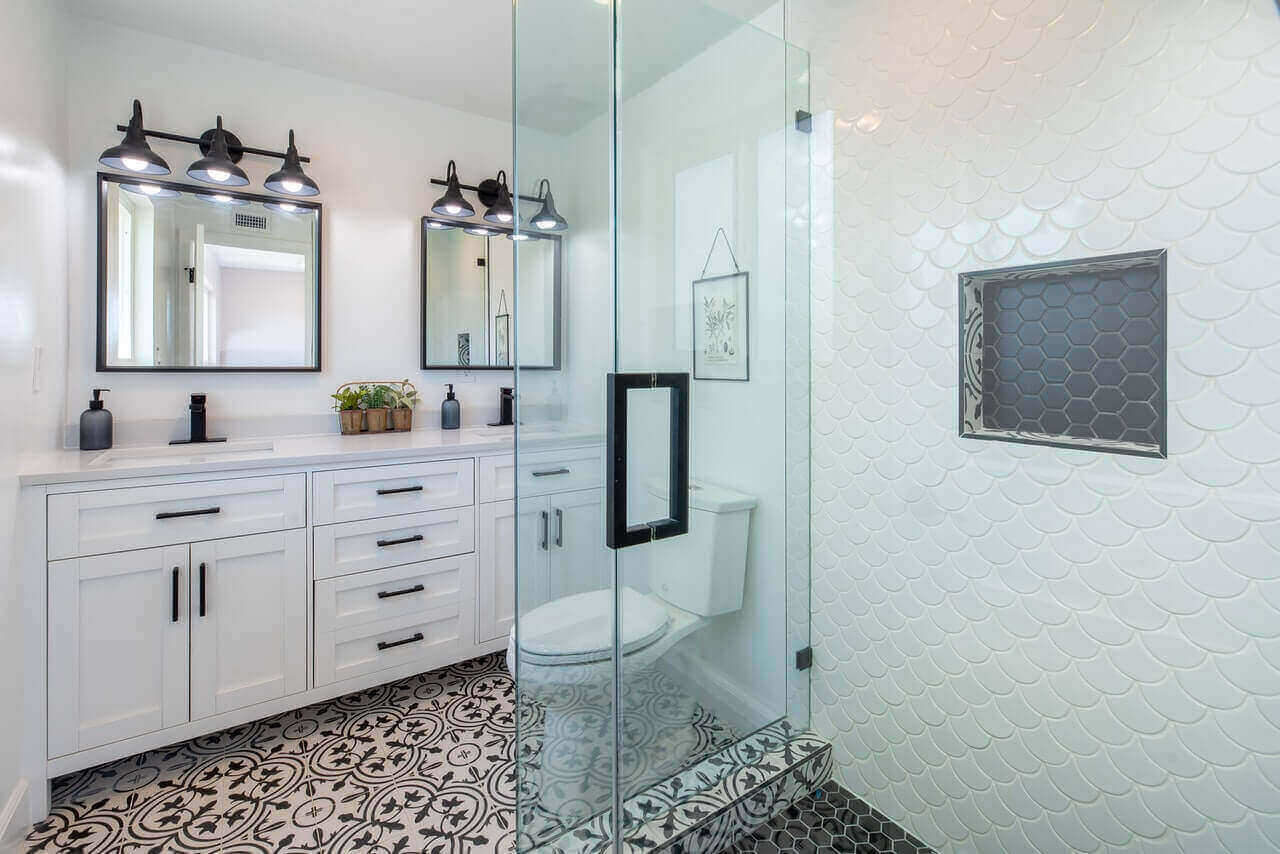Prior to advertising the vacancy of your New Jersey rental home, you need to assign a rent rate. A lot of factors must be taken into consideration before the rent price can be set. The optimal price captures more prospects and enables you to enjoy a solid income. If you want to know how to set the ideal price for your rental, keep on reading!
Factors for Pricing Comparison
To come up with the right rent figure, scouting your competition is essential. Look out for rentals that have a similar appearance and amenities to yours. You can start by doing a comparison based on:
Neighborhood
Is the property you’re analyzing located in the same New Jersey neighborhood? Note that certain neighborhoods could have higher than average rent if it's in a hot location. Convenient facilities may also be nearer certain neighborhoods. These factors can impact rental rates.
Number of Bedrooms and Bathrooms
Make sure to compare rental homes with the same number of rooms as your New Jersey property. In other words, don’t compare a one bed, one bath unit to a 3 bed, 2 bath one as they will naturally have different rent rates assigned to them.

Single-family Homes vs, Multi-family Homes
Single-family homes have a higher rent associated with them in contrast to multi-family homes where you have less privacy.
New Construction vs. Old Construction
Was your New Jersey rental home built recently? If this is the case, the rent price should be higher since potential tenants tend to spend more for newer dwellings.
Sourcing Comparables
Landlords have various sources when comparing their rental homes such as:
Online Ads
Browse online and check out property sites such as Trulia, Zillow, and Apartments.com. Select a few units similar to yours to monitor. Be alert as to which rentals tend to be occupied instantly, which ones reduce their rent prices, and the ones that remain on the market.
In-Person
If you prefer to conduct additional or in-person research, you can head out to rental homes’ showings. This way you can have a realistic comparison. You can also inquire from the landlord whether there’s a significant increase in interest from prospective tenants.
Property Management Company
Since property management companies are well-versed in the industry, they’re more dependable when it comes to renting price analysis. Ask them about the right rent price for your New Jersey property. With their expertise, they can get a clear assessment.

What Your Price Adjustment Should be Based On
Fixed pricing for all your rentals can lead to losing out on gaining maximum returns. Avoid assigning a flat rental rate for all units. Take in several factors such as views, upgrades, and property size. Aim to set the rent price using the concept of desirability.
- What kinds of views are offered by your New Jersey rental home? Waterfront views typically attract more interest.
- What updates have you added to your unit? Those with hardwood flooring, energy-efficient appliances, and upgraded kitchens and bathrooms draw in more prospects and come with a higher price tag.
- What is the size of your New Jersey rental property? The bigger it is, the more a tenant is willing to pay.
- What extra amenities are you giving out to your renters? The more storage spaces, allocated parking spots, and outdoor features you have, the more open prospective renters are to paying extra.
Assess Potential Financial Risks
When operating a rental in New Jersey, you should be able to gain a profit after all the operating costs are handled. This includes costs of maintenance and repairs and necessary mortgage payments. The objective is for landlords to keep a portion of the rental profit on average.
However, one must also bear in mind that sizable loans can take a direct hit on one’s profits. It may take a long time to reap the profit. Always review the benefits you’re getting from owning your rental unit for example through tax deductions or direct profits you’re pocketing.

Viewing Requests from Potential Renters
A quick way to find out if your pricing is suitable is the level of viewing requests you’ve received. If the number is low then the rent price may need to be adjusted. Rental rates that are way higher tend to be ignored.
Market Demand Directs the Right Rent
Assigning rent is a dynamic exercise. It’s not about doing it once and forgetting about it. As a New Jersey rental owner, you must always look at the market and make rent adjustments per the market demand. Constantly remain aware of the changing factors such as peak seasons, economic conditions, and demand based on location.
When inflation is high, some opt to rent smaller apartments as they are less expensive. When new developments are happening in your area such as more infrastructure being built and entertainment centers opening up, you’ll receive a greater number of inquiries from potential renters. You can then adjust the rent rate higher.
Always remember to raise the rent when demand goes up. If it’s the opposite, consider rent price reduction to draw more renters to consider your property. Vacant units are costly to maintain and therefore it’s in your best interest to adjust the rent to ensure that you reduce vacancy rates.
Check market movements regularly for rent price adjustment to ensure you earn optimal returns for your New Jersey rental unit.
Bottom Line
As a landlord, there are multiple ways available to make sure you set the right rent. You can compare neighborhoods and the number of rooms. You may also opt to conduct online research or perform a physical tour of properties similar to yours. Another great option is getting in touch with a reputable property management company such as Lone Eagle Management wh0 can assist you in setting the right rent price for your New Jersey property.
We offer full-service property management solutions to help property owner maximize their ROI. Contact us today to learn more about our services!